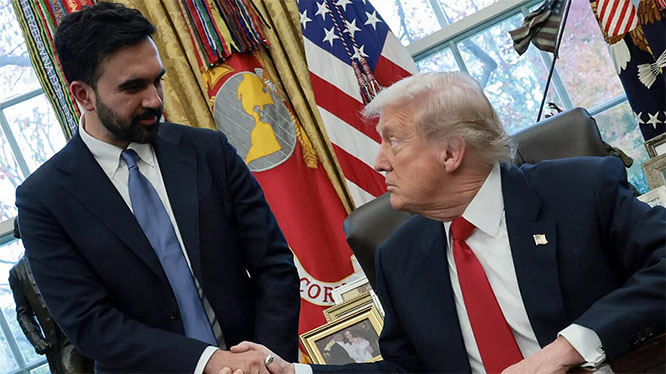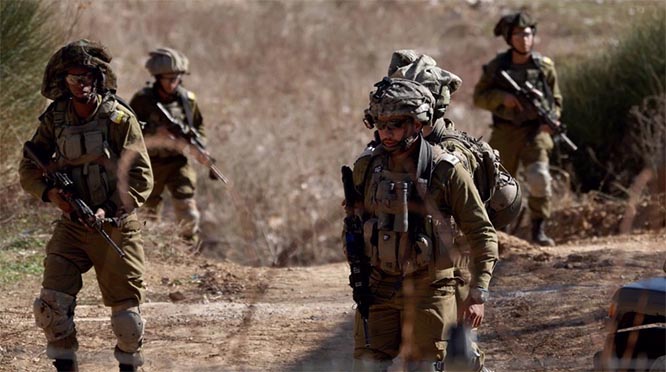
Srinagar, Feb 28: Security forces battling a decades-long insurgency in Indian-controlled Kashmir are alarmed by the recent arrival in the disputed region of small, magnetic bombs that have wreaked havoc in Afghanistan.
"Sticky bombs", which can be attached to vehicles and detonated remotely, have been seized during raids in recent months in the federally administered region of Jammu and Kashmir, three senior security officials told Reuters.
"These are small IEDs and quite powerful," said Kashmir Valley police chief Vijay Kumar, referring to improvised explosive devices. "It will certainly impact the present security scenario as volume and frequency of vehicular movements of police and security forces are high in Kashmir Valley."
The Indian government flooded Kashmir, already one of the world's most militarised regions, with more troops in August 2019, when it split the country's only Muslim-majority state into two federally administered territories.
The arrival of the sticky bombs in India-controlled Kashmir - including 15 seized in a February raid - raises concerns that an unnerving tactic attributed to the Taliban insurgents in nearby Afghanistan could be spreading to the India-Pakistan conflict.
Afghanistan in recent months has seen a series of sticky-bomb attacks targeting security forces, judges, government officials, civil society activists and journalists. The attacks - some as victims sat in traffic - have sown fear, while avoiding substantial civilian casualties.
None of the devices seized in Kashmir was produced there, a senior security official said, suggesting they were being smuggled from Pakistan. "All of them have come via drone drops and tunnels," he said, asking not to be named.
Kashmir has long been a flashpoint between nuclear-armed neighbours India and Pakistan, which each claim all of the Himalayan region but rule only parts of it.
India accuses Pakistan of backing the insurgency in Kashmir, which has claimed tens of thousands of lives since the 1990s. Pakistan denies the charge, saying it gives only moral and diplomatic support to Kashmiri people fighting for self-determination.
New Delhi has attempted to maintain a tight grip over the Kashmir Valley, where high-speed mobile internet was suspended for 18 months until earlier in February, but the insurgency has simmered on.
Officials said the bombs are particularly worrying because they can be easily attached to vehicles using magnets, potentially allowing militants to carry out assassinations or target military convoys that regularly criss-cross the valley.
In February 2019, a suicide bomber drove a car laden with explosives into a convoy in Kashmir's Pulwama, killing 40 soldiers - the deadliest attack on Indian forces in the region - bringing India and Pakistan to the brink of another war.
Police chief Kumar said that security forces were changing protocols to deal with the new threat. The measures included increasing the distance between private and military traffic, installing more cameras on vehicles and using drones to monitor convoys.
A difference between militants in Kashmir and Afghanistan is that the Taliban have tremendous ability to move around in urban and rural areas, which, along with the easier availability of explosives, make the bombs a potent threat.
The Taliban, which initially said it was behind some of the attacks, has since denied any involvement in the attacks.
"The Taliban has targets, can reach them, and kill them with impunity. The whole structure of the attack - and its endless repetition - is what makes the bomb effective," said Avinash Paliwal, a senior lecturer in international relations at SOAS University of London.
"In Kashmir, the space for such ability to manoeuvre with ease is limited."








Comments
Add new comment